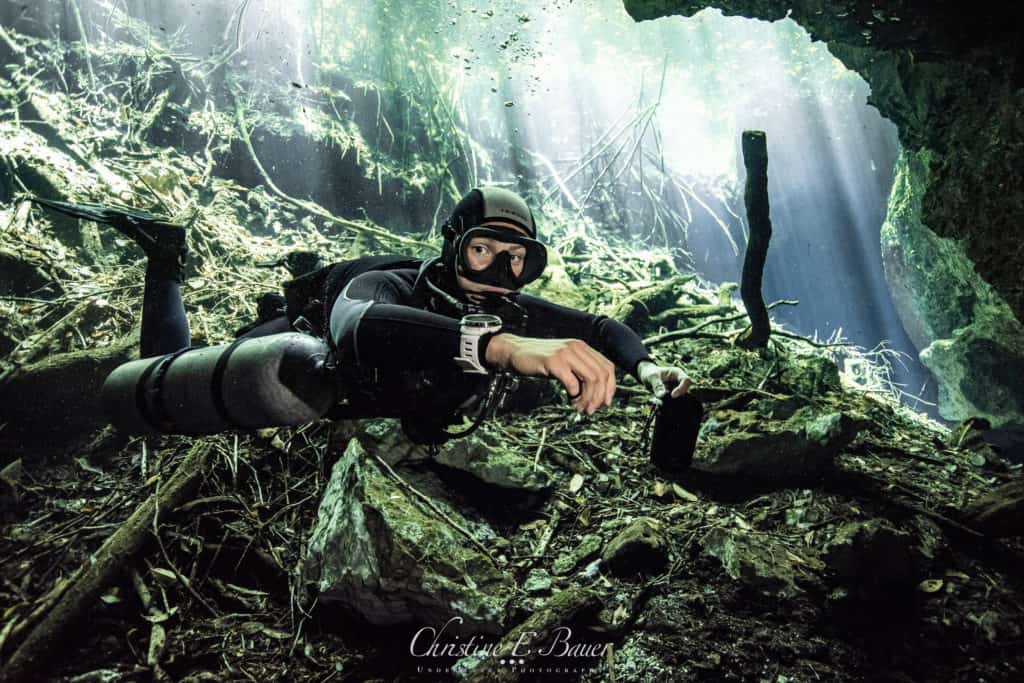As scuba divers, we often discuss the best dive sites or fins, but there’s a piece of essential gear in your diving kit that often gets overlooked: scuba diving insurance.
The unexpected can happen to even the most experienced of divers. Whether it’s a minor scrape or a more serious mishap, having the right dive insurance is your safety net in our underwater sport. Dive insurance isn’t just about ticking boxes; having it ensures you’re financially covered and well-protected if something ever goes wrong.
In this blog, we’ll dive deeper into the nuances of scuba diving insurance, unraveling its importance, and dissecting the types of coverage available. Let’s get ready to dive into the depths, armed not just with your fins and masks, but with the knowledge and protection that scuba diving insurance offers.
Introduction to Scuba Diving Insurance
Scuba diving insurance is your safety net, as you venture into the mesmerizing world beneath the ocean’s surface. It’s a specialized insurance designed to cover a spectrum of risks associated with scuba diving, including medical emergencies, equipment mishaps, and unforeseen incidents that might occur during your dives.
Why is scuba insurance a must-have in your diving toolkit? Picture this: you’re exploring a coral reef, surrounded by tons of fish, and a cute turtle, and suddenly, an unforeseen incident occurs.
Scuba diving insurance steps in, providing crucial financial protection for medical expenses, equipment damage, and more. As infrequent as accidents can be, when they do happen they can be hella expensive. You’ll be glad you have the insurance when you need it.
Whether you’re a recreational diver who just dives a couple of times per year on vacation, a regular diver who dives across the world, or a diving instructor leading groups, everyone should be covered by scuba diving insurance to safeguard yourself as you experience your passion for being underwater.
Types of Scuba Diving Insurance
There are so many different types of insurance catered specifically to divers. Dive accident insurance, equipment coverage, and travel insurance – each serve a vital purpose.
You may be covered for diving within your general travel insurance, or you may need separate dive insurance to be fully covered. No matter what you decide, ensure that you read the small print on your policy to be sure you have the appropriate cover for the types of diving you do.
For example: In Mexico, we can offer cavern diving in the cenotes. As this has a slightly higher risk factor due to being within an overhead environment, some travel and dive insurance policies may not cover this type of dive without paying an upgrade or premium. This may also apply to diving with wreck penetration.
There also may be a disclaimer of depth, and you may only be covered to dive to a certain depth limit. It is essential to know these limitations to your policy so you can plan your dives accordingly.
When It All Goes Wrong!
When accidents happen, they can be expensive. Divers with DCS symptoms need to visit the hypobaric chamber – and it’s not cheap! Nobody wants to be placed in a potentially life or death situation, and worry over costs rather than get the right help quickly.
Insurance also can cover missing or broken dive equipment (and we all know how expensive that can be!)
It may also cover missing vacation days of canceled dives and other things too – check your individual policy for the most important information.
Insurance for Scuba Diving Professionals
Now, you’d think that as standard practice scuba professionals would all have appropriate scuba insurance too? Well, this may not always be the case, and instructors and guides may still be abiding by the laws of their country by working in the dive industry without it.
But it’s always best to dive alongside fully insured dive shops and staff. You never know if a tricky claim can get into a dispute if they don’t have it.
At DivePoint, we are fully covered and ensure that all of our dive staff team have the correct insurance to keep everyone safe (including ourselves!)
Scuba Insurance Providers
There are many scuba diving providers, and depending on your country of origin, you may have different options available to you.
Two of the more popular providers for scuba diving insurance are Divers Alert Network (DAN), and Dive Assure. Below we will explain a little about their options:
Divers Alert Network (DAN)
DAN stands as a beacon of safety and support for divers worldwide, offering specialized insurance policies tailored explicitly to meet the needs of diving enthusiasts. What sets DAN apart is that its coverage can extend beyond conventional diving limits.
Whether you’re exploring shallower reefs or delving into deeper waters, diving with DAN ensures you’re covered at every depth.
Policy and Coverage Details
DAN is a global company, and divers worldwide use their services, but be aware of this, as there are different DAN websites to access depending on where you are from. Ensure you register and sign up based on your nationality, as the insurance is underwritten by different providers.
Depending on your country/state there are policy tiers: each with different coverage limits and benefits offered. For instance, some policies extend coverage for non-dive related accidents during international travel, and have different pay-out limits for equipment and expenses, etc.
There are many packages for cover, for both single divers and family options.
DAN Dive Insurance
DAN’s commitment to diver safety and comprehensive coverage at varying depths, coupled with its range of policy tiers catering to different needs, makes it a go-to choice for many diving enthusiasts seeking reliable and extensive insurance.
Dive Assure: Comprehensive Diving Insurance and More
True to its name, Dive Assure focuses primarily on dive insurance while also providing travel insurance options for adventurers. Dive Assure caters to both regular and occasional divers, with the options for single-tip and multi-trip cover, as well as coverage for liveaboard trips too.
Policy Offerings and Features
DiveAssure Insurance Dive-Travel programs offer comprehensive benefits like full diving accident medical coverage, lost diving days, and the exclusive Liveaboard Rider, distinguishing them from standard travel insurance.
Notably, DiveAssure has no depth limits (within certification levels) and provides coverage for chamber and evacuation costs, working with all service providers. The coverage spans diverse scenarios, encompassing non-diving situations under travel insurance. It accommodates a wide age range (from 8 to 80 for dive accident plans, and from 2 weeks old for dive-travel plans) and offers flexibility with single-trip, multi-trip, and group coverage options, along with discounts for non-diving trips.
DiveAssure’s coverage extends to various diving activities for recreational purposes but excludes commercial diving, activities beyond certification limits, and non-recreational dives. The insurance’s comprehensive nature ensures coverage for lost diving days due to medical inability to dive and weather conditions.
Dive Assure Insurance
Dive Assure’s comprehensive coverage, flexibility in policy options, and unique compensation features make it a compelling choice for divers seeking robust protection and support during their diving expeditions. Please check the full policy wording, which is available online, for a thorough review before purchasing.

Dive Insurance in General Travel Policies
Scuba diving is a thrilling activity often excluded from standard travel medical insurance policies. If you don’t want to opt for a specific diving coverage, you need to be very careful to check the small print of your travel policy to see if scuba is actually covered and to what degree.
Extreme Sports “Add-on”
Some standard travel insurance policies may offer an upgrade that covers diving through an extreme “sports” add-on option. For an additional fee, this extends coverage to specific activities like scuba diving.
However, for avid or professional divers, comparing these riders against the benefits of standalone scuba insurance policies is worth checking out.
Scuba Diving Insurance: The Fine Print
Ignorance or oversight in understanding policy details could prove costly. Divers must carefully examine a policy’s fine print, ensuring it aligns with their specific diving activities and requirements. This attention to detail minimizes the chances of unexpected coverage limitations or exclusions during critical moments.
At DivePoint, we take every precaution to be safe when diving, and accidents RARELY happen. But we also know they can, and when they do, it can be pricey.
Always make sure you are covered for your dives, as it is your own, individual responsibility as a scuba diver.
We look forward to seeing you soon, for safe happy dives that are insurance covered!


